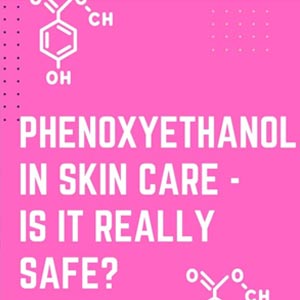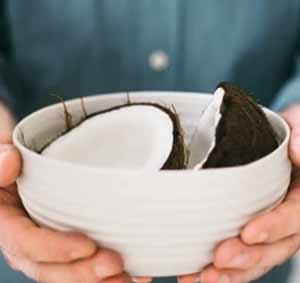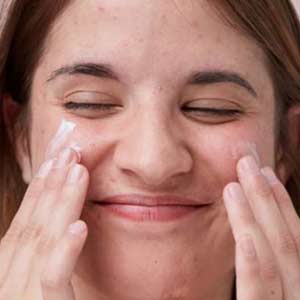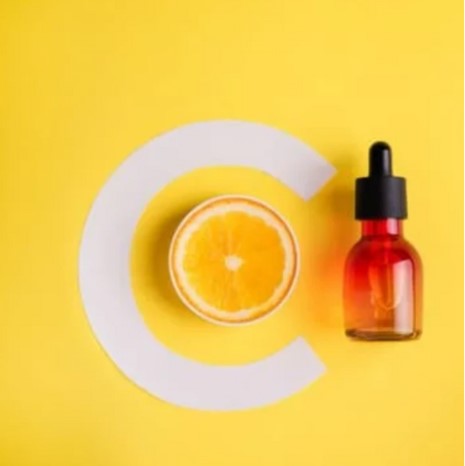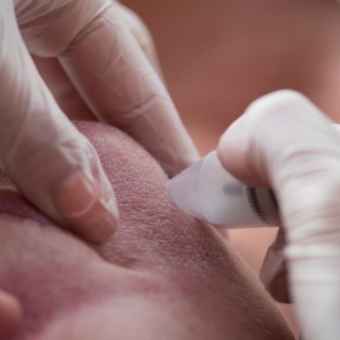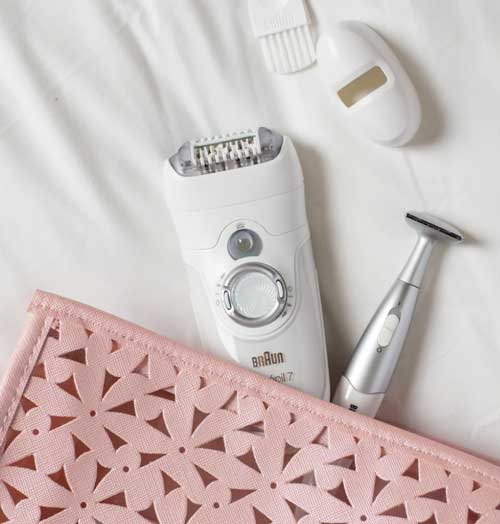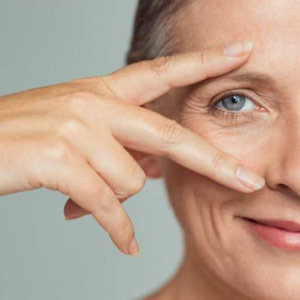What is a Humectant? The secret ingredient of anti-aging products
This article was updated on:

“Humectant”, now this is a term that you will not hear in everyday conversation. When we first came to know about this term naturally, we got curious and asked some experts about what it was. The answer that we got was astounding. Apparently, Humectant is an ingredient that absorbs moisture from the air. I know, right?
Sounds like more of a magic spell, attracting water from the air. Let’s be honest that sounds ridiculous. And that is exactly what we thought but to our surprise that is not far from the truth. Humectants are water magnets, but they don’t quite pull the water from the air rather they attract water from deeper layers of your skin. This keeps the upper layer of your skin thoroughly hydrated and looking younger. So, why should you know about them? What’s the big deal?
The big deal and the reason that you should know about humectants is that if you are concerned about the effectiveness of your moisturizing products then you need to know everything that there is to know about humectants. If your product has the wrong type of humectants in it then it can leave you with more wrinkles and sagging, than you started with.
Synthetic Humectants
Let’s just put it this way that these are the humectants that you want to avoid. They rob the hydration from the lower levels of your skin and bring them to the upper levels which means that after a while when the water evaporates you will be left with even more dry skin than you started off with. The only reason they are used by most manufacturers is that they are cheaper and more readily available than their natural counterparts.
Types of Synthetic Humectants
Propylene glycol – These are unavoidable by-products of the natural gas and petroleum refinement process. Why they end up in your anti-aging serum you ask? Because they have the ability to hold moisture. They give your skin a short-term benefit of drawing water from the deeper levels of the skin but eventually end up doing more damage as when the water evaporates your skin becomes completely dry leading to fine lines, wrinkles, and dullness. Some people can also be allergic to them. So, beware of this one.
PEG – They might sound cute but trust us they are not something that you want to be applying to your skin. They are mainly used to soften the skin. But they are laced with carcinogenic compounds such as 1,4 dioxane and ethylene oxide. They are robbers of moisture as they pull the water from the deeper levels of your skin without giving any back.
Silicones – These are perhaps the most widely used chemicals in skincare products today. They form a sort of film over your skin making it look and feel soft. But the downside is that it affects the breathability of your skin which can lead to irritation and acne over time.
Urea – it is used as a preservative in almost all non-organic skincare products. It is a known carcinogen. So, stay as far away from it as possible.
The above-mentioned are just a fraction of the Humectants that are used in most skincare products today. Do you have to ask yourself what is the price that you are paying for short-term hydration? Is it worth it? Considering that it is doing you more harm in the long term and contributing to the aging of your skin.
Have You Tried 100% Plant-Based??

Types of Natural Humectants
These are the good guys. Natural humectants perform the same function of drawing moisture to the upper levels of your skin but without deadly consequences. They don’t do any long-term harm to your skin and the perfect alternative to synthetic humectants.
Aloe – This is the gold standard when it comes to humectants. This is what you want to use or have in your skincare products. It provides hydration for all levels of your skin as it actually penetrates all layers and provides through moisturizing.
Honey – There is nothing that has more of a natural ability to contain water than honey. It hydrates your skin without making it oily. It is also a treasure trove of alpha-hydroxy acids. They are great exfoliation agents meaning that your skin has an increased ability to absorb moisture.
Hyaluronic acid – It might sound like a synthetic chemical agent, but it is the farthest thing from it. This is a natural compound that is available in our whole body. It mainly serves as a cushion between joints. It also helps to keep our eyeballs and skin hydrated. It actually helps our body to stay hydrated in dry conditions. If you use a product that has this in it then you will end up with tighter and firmer skin that has no wrinkles and fine lines.
Glycerine – It is basically already a part of your body. Each cell in your body has Glycerine in it. When you apply it to your skin your body naturally absorbs it. It has great water containment capability which means that it has a lasting hydration effect on your body and because of its texture, it is perfect for getting smooth and soft skin.
These are some of the humectants that you want to have in your anti-aging and skincare products. When you are shopping for skincare products you want to look for the ones that have the best combination of ingredients that will give you a long-lasting hydration effect without any severe side effects.
This is only possible through natural and organic humectants. A synthetic humectant may make your skin look good for a day or two but after a year you will regret using them. So, beware and go for the option that works for you long-term and has long-term benefits. It is important to put in time and effort to pick out the best products for your skincare routine, it is crucial for your health and your looks to choose the right products.
Humectants and Emollients
Emollients play the opposite function as compared to Humectants. They trap the moisture in your skin instead of absorbing it from deeper layers. Emollients are often super hydrating and can soothe and heal your skin. They are also very effective in dealing with various skin conditions such as eczema, psoriasis, and ichthyosis. They do this by dealing with itchiness, scaly patches, and flare-ups. You can get products that have emollients easily over the counter. But if you are dealing with a severe skin condition then it is best to speak to a dermatologist or a medical professional.

Types of products that have emollients
Lotions – These are ideal for large surface areas and hairy areas since they can be spread around easily, their consistency however does not make them the best hydration agents.
Creams – These are ideal for use during the day. They are absorbed by our skin quickly and don’t leave behind oily-looking skin.
Ointments – If you are dealing with thickened skin that is ultra-dry then these are your best bet. Try to use them at night since they are greasy.
Sprays – If you are dealing with hard-to-reach areas or don’t want to rub a certain part of your skin due to a rash then sprays are what you want to use.
Soap/Cleansing Substitutes – These can serve as a replacement for your everyday cleaning products which can lead to dry skin.
What is the role of occlusives?
While humectants and emollients work great on their own or in conjunction but adding occlusives into the mix catalyzes the beneficial effects of all the elements and helps prevent trans-epidermal water loss.
This includes areas such as the decollete and neck. Naturally occurring occlusives are the best. Lecithin, beeswax, cocoa butter, and vegetable waxes are all great examples of occlusives that you can use. Just keep in mind that they can feel heavy on the skin and often have a greasy effect. So, make sure to use them with a lighter formula.
Occlusives add an extra barrier that the water in your skin has to fight to escape making the moisture-retaining ability of your skin better. They help in regulating the moisture. If you have dry skin then you want to use occlusives to treat it. Tight and dry areas of the skin can easily be treated with occlusive.
Bottom line...
Sometimes skincare sounds complex and scary, if this is the case just opt to use 100% natural products for your skin. In this case, you don't need to think about what type of humectants or preservatives you may find inside.
We hope that this article helps you with your skincare routine. Stay safe. Stay healthy and best of luck!
References:
- https://www.verywellhealth.com/skin-care-humectants-moisturizers-1069333
- https://www.canr.msu.edu/news/cosmetics-exploring-humectants
- https://pubmed.ncbi.nlm.nih.gov/11301638/
- https://www.healthline.com/health/humectant



